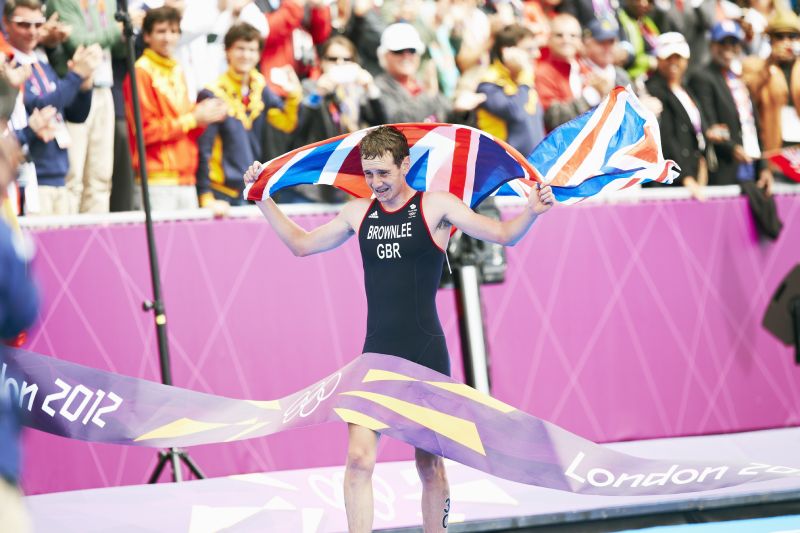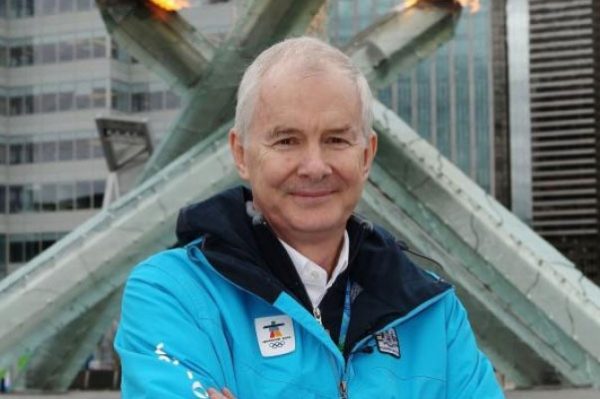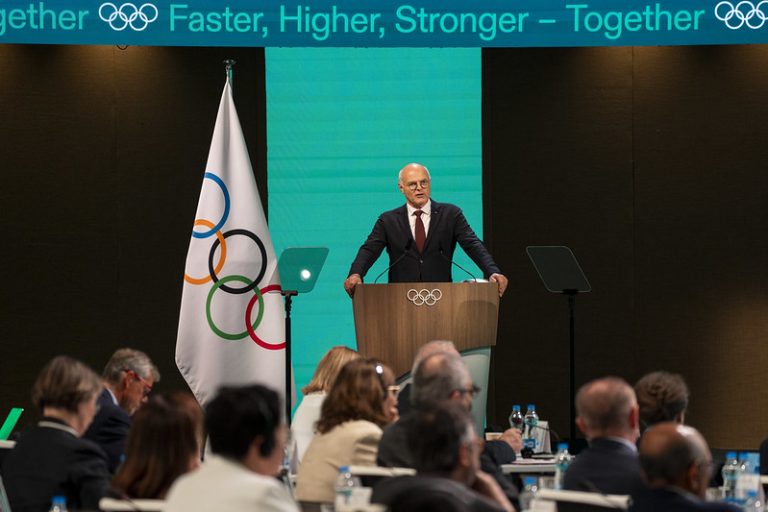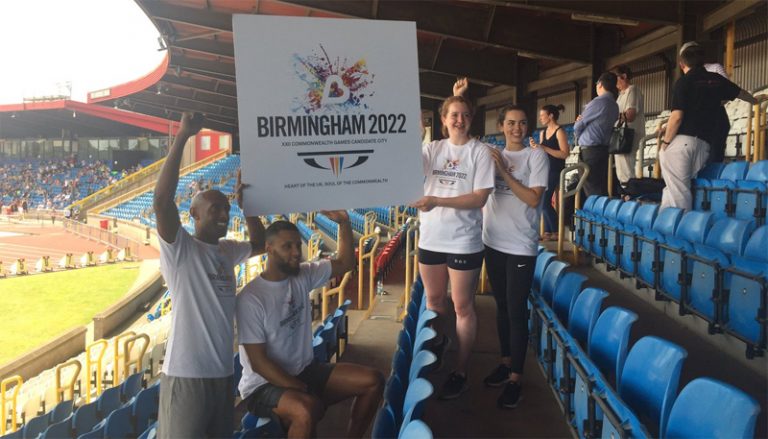
It’s a July day in 2005, and I’m walking down the school corridor between lessons. “Have you heard?” “No, sir,” I reply. “London has won the bid to host the Olympic Games.” Fantastic, lucky them, I thought. But, it’s irrelevant to me. It’s seven years away and I’ll never be good enough to be an Olympian.
Those doubts may have been at the forefront of my mind. But that announcement stoked a deep fire within me. Triathlon was my hobby, my passion, my obsession. The Olympic Games, nothing more than a dream, since first entering my consciousness in 1996. There probably was not a day, or a training session, in the next seven years when the thought of that race didn’t sneak into my thoughts. As motivation and inspiration, but most importantly to realise that dream.
Seven years and thousands of hours of training later. Literal blood, sweat and tears. Grit, determination. Daring to dream my dreams could become reality. Those dreams being crushed and resurrected. I stood on the start line for the Olympic triathlon in London.
I raced around Hyde Park in front of more people than I’d seen at every other race I’d been at before combined. Old friends, family, sports fans, triathlon fans and mostly people who’d never watched a triathlon before. I won the race. My younger brother crossed the line in third as I was slumped on the blue carpet recovering.
I’ve raced hundreds of times all over the world. But that was different. The sheer number of people, the passion, the noise. That race, the Olympic Games, brought people to squeeze together to catch a glimpse of the action. Not only the action, but a sense of joy and excitement. Maybe even humanity.
That day changed my life. Soon after, it dawned on Jonny and me that we were in a position of incredible privilege and one of significant responsibility. We were receiving mountains of requests to visit and speak at local schools and sports clubs. We both believed fundamentally in the importance of sport in people’s lives and in society; and in our responsibility to do something about it.
We couldn’t begin to fulfil these obligations alone, so decided to build a foundation to accomplish our responsibility. Nearly a decade later we have given over 50,000 young people their first experience of triathlon, donated equipment and supported other organisations doing the same thing. I’m also lucky enough to work with the British Olympic Foundation, which has engaged over 30,000 schools since 2012 and 2 million children in the last year. That is Olympism.
That is my Olympic story. Inspiration to perform to the best of my ability and motivation to pass on my experiences to others.
Like all the generations before us, we can find reasons why major sporting events like the Olympic Games aren’t necessary today. We can argue that there are better ways to use the resources. That they are a relic of a bygone era.
I disagree. There have been 54 Olympic Games since 1896. Fifty-four opportunities for people from all over the world to come together to compete in peace. Each of these Games has left a legacy on the host region, showcased sport at its best and inspired young people to be more active. Maybe even to dream, like me. Each of these Games has also had its own organisational challenges, which were overcome for the better.
Through those 127 years, the International Olympic Committee (IOC) and Games organisers have had to adapt. One of the priorities of the reforms of Olympic Agenda 2020+5 is to “foster sustainable Olympic Games”. Paris 2024 has pledged to halve the carbon emissions compared to the average of London 2012 and Rio 2016 – a pledge in line with the Paris Agreement on climate change. It also means building fewer new venues and infrastructure to reduce the resources needed to hold future Games. I can already hear the protestations of Olympic historians. “This is nothing new!” The London 1948 Games were held without building a single new venue.
Nothing so significant could last so long without – some might say – Olympic levels of resilience and adaptability. In the world we live in today, the IOC has to react quickly to the challenges it faces, and is doing so: since the start of the Russian invasion of Ukraine, it has committed USD 7.5 million to support the athletes and the Olympic community of Ukraine. By 2024, one million young people affected by displacement will have access to safe sport through the Olympic Refuge Foundation. And a few dozen of these will have the chance to compete in the Olympic Games as part of the IOC’s Refugee Olympic Team. It is supporting and empowering athletes to make a difference in their communities; presenting awards for climate action initiatives; and providing grants for social causes that are important to them.
World-leading innovation on these issues is one thing. But, it would be remiss of me to not point out that the Olympic Movement is about much more than top-level sporting competition. I, and probably most people, respect the Olympic Games for their traditions and values. Every few years, thousands of athletes from every corner of the planet live under one roof and eat at the same tables. They go home to their communities and take with them the values of excellence, respect and friendship. A balancing act worthy of the gymnastics arena.
The model, if it can be called that, is a region and a nation investing in an event, a hope, and a dream. An event that inspires its citizens young and old. A hope that, through sport, people from every corner of the world come together to compete peacefully. The dream is the understanding that our similarities are far greater than our differences. Yes, the Games leave a special mark on all of their host cities, regions and nations. But the real mark they leave is on humanity. If that model isn’t important in the world today, I don’t know what is.


